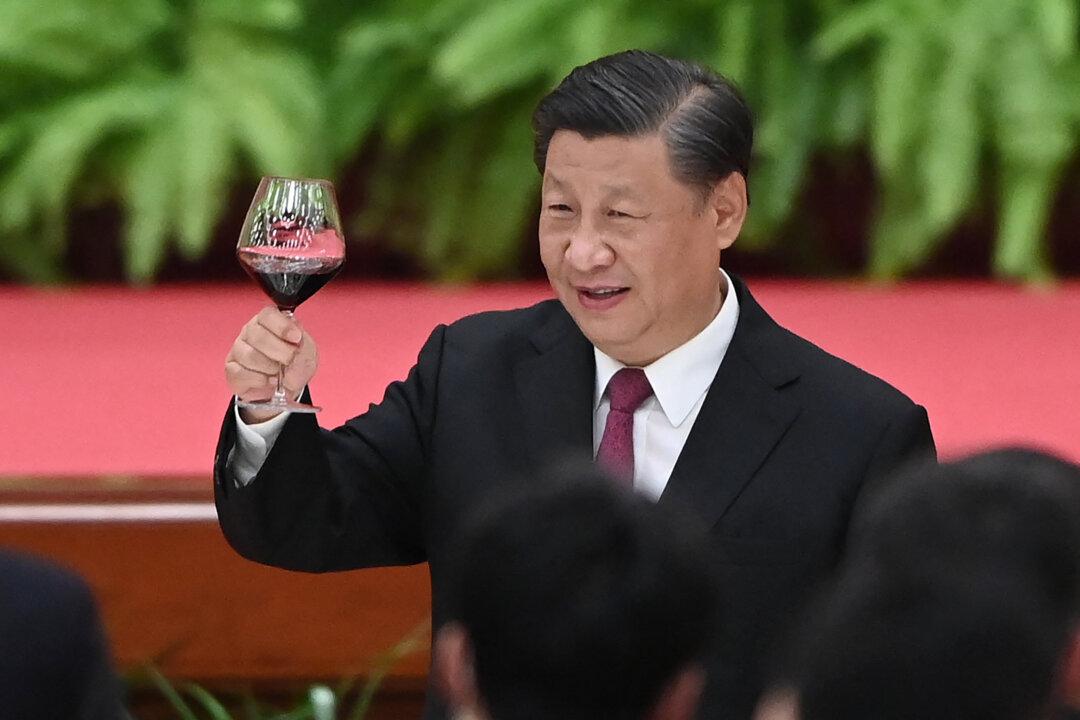Commentary
The Chinese Communist Party (CCP) just passed a resolution that lavished superfluous praises on its leader Xi Jinping, who is attempting to secure a third term ahead of the Party’s 20th Congress in 2022.

The Chinese Communist Party (CCP) just passed a resolution that lavished superfluous praises on its leader Xi Jinping, who is attempting to secure a third term ahead of the Party’s 20th Congress in 2022.